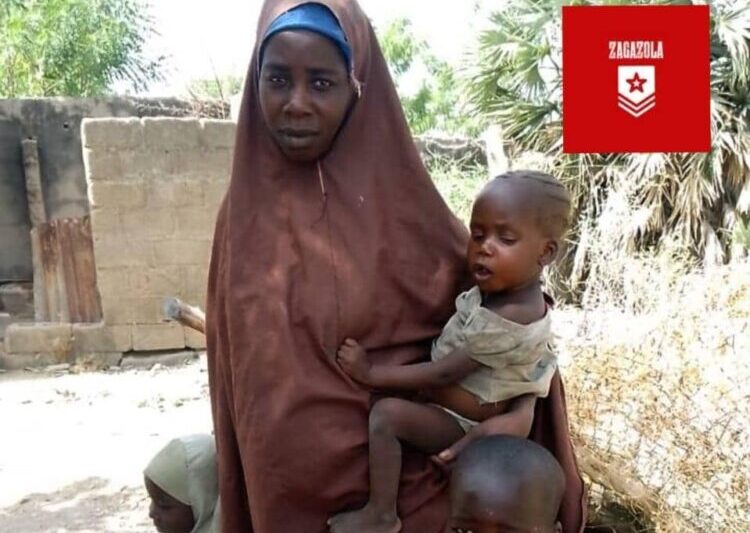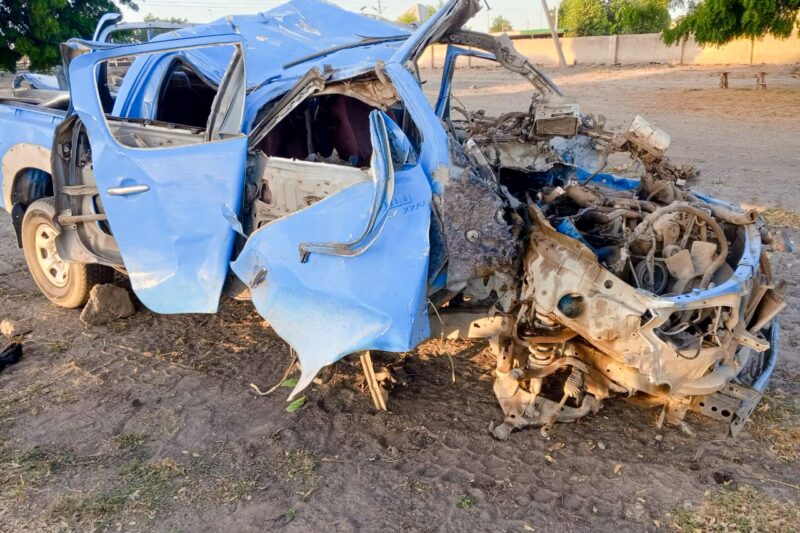Nigeria, the most populous country in Africa, has nearly 20% of out-of-school children in the world. And, in the north of the country, two-thirds of the pupils are illiterate.
The United Nations Children’s Fund (UNICEF) said at least one million Nigerian children were at risk of being out of school as the new year begins amid increasing mass kidnappings and insecurity.
The serious armed conflict had complicated access to school as armed criminal groups had been sowing terror in northern and central Nigeria for years, resulting in mass kidnappings in schools and universities.
Such kidnappings were first carried out by the Jamā’at Ahl as-Sunnah lid-Da’way Wa’l-Jihād (JAS), more commonly referred to as Boko Haram, and later by the Islamic State West African Province. However, now the practice had been adopted by criminal gangs.
A statement released by UNICEF on Wednesday, September 15, said 20 attacks were perpetrated on schools this year with more than 1,400 pupils kidnapped and 16 dead. It was after much negotiation and the payment of ransoms that most of the pupils were released. But so far, 200 of them had still not been found.
Kidnappings and attacks in schools spread fear: pupils refused to go to their classrooms and many parents would not let their children take risks.
In some states, authorities had decided to close schools and universities because of the attacks.
Worse still, because of the increased insecurity and escalating attacks by the extremist armed groups on public buildings, educational institutions and communities in the past, the start of the school year had been delayed by authorities in the northeastern states. This was likely to be repeated this year.
“Families and communities continue to fear sending children back to their classrooms because of the wave of attacks on schools and kidnappings,” UNICEF said.
At least one million Nigerian children were at risk of missing the 2021-2022 school and academic year, the organisation said, because of the threat of violence, mass kidnappings and attacks on pupils.
The start of the school year was usually in September and more than 37 million Nigerian children would be affected if they could not go back to school.
An estimated eight million children had waited for more than a year for hands-on learning after schools closed because of the COVID-19 lockdown.
Peter Hawkins, the UNICEF representative in Nigeria, said: “This year is being stolen from around one million Nigerian children as insecurity threatens their safety and education.”
The northwestern and central states of the country had faced insecurity for several years. This insecurity translated into violence between pastoralist and nomadic farming communities over land and water, the looting of villages, with cattle rustling and kidnappings for ransom.
But the bandits had changed targets. Now schools and colleges in northwest Nigeria were regularly attacked and pupils and students were kidnapped and hidden in the forest awaiting ransom payment.
Kidnappings for ransom had escalated to a level of serious threat to education. Although there were no official figures, according to the AFP, in mid-2019, there were 685 kidnappings, meaning an average of seven a day.
From December 2020 to March 2021, more than 600 pupils were kidnapped; 300 others were kidnapped earlier but they had been released.
Kidnappings for ransom were of great concern. Some observers blamed the authorities, believing that it was the weakness of the security infrastructure and the governors who had little control over the security in their states that was the cause. Others said the police and military were controlled by the federal government which had made mass kidnappings a lucrative source of income.
Still other observers said violence and insecurity had compounded the economic challenges faced by citizens of Africa’s largest oil-exporting country and that the country was struggling to cope with declining incomes due to falling crude prices made worse by the effect of the COVID-19 pandemic.








